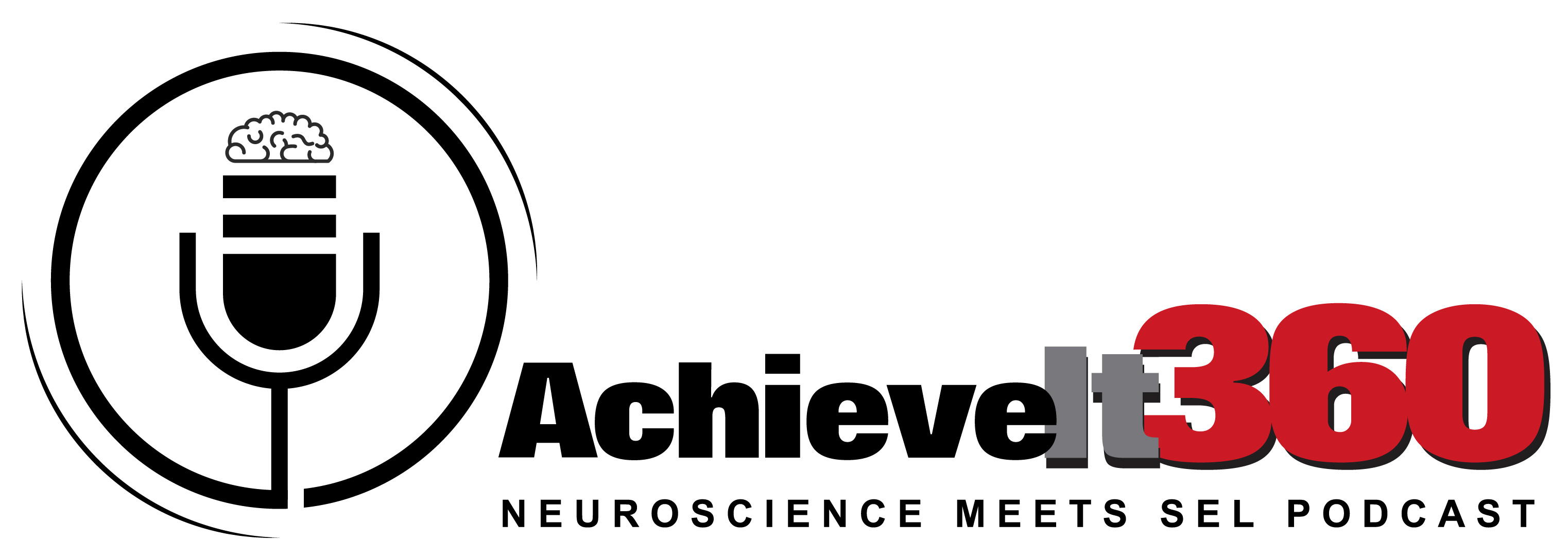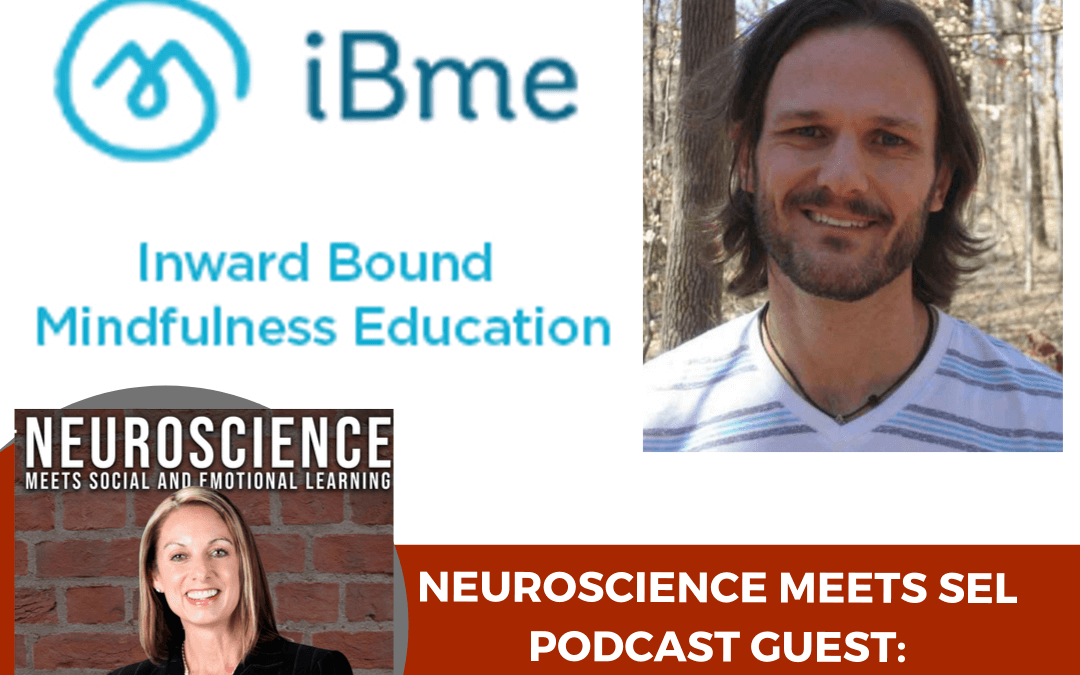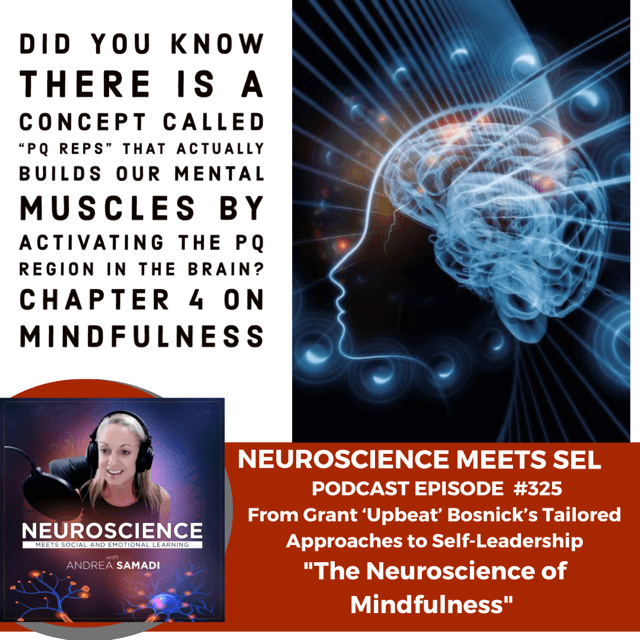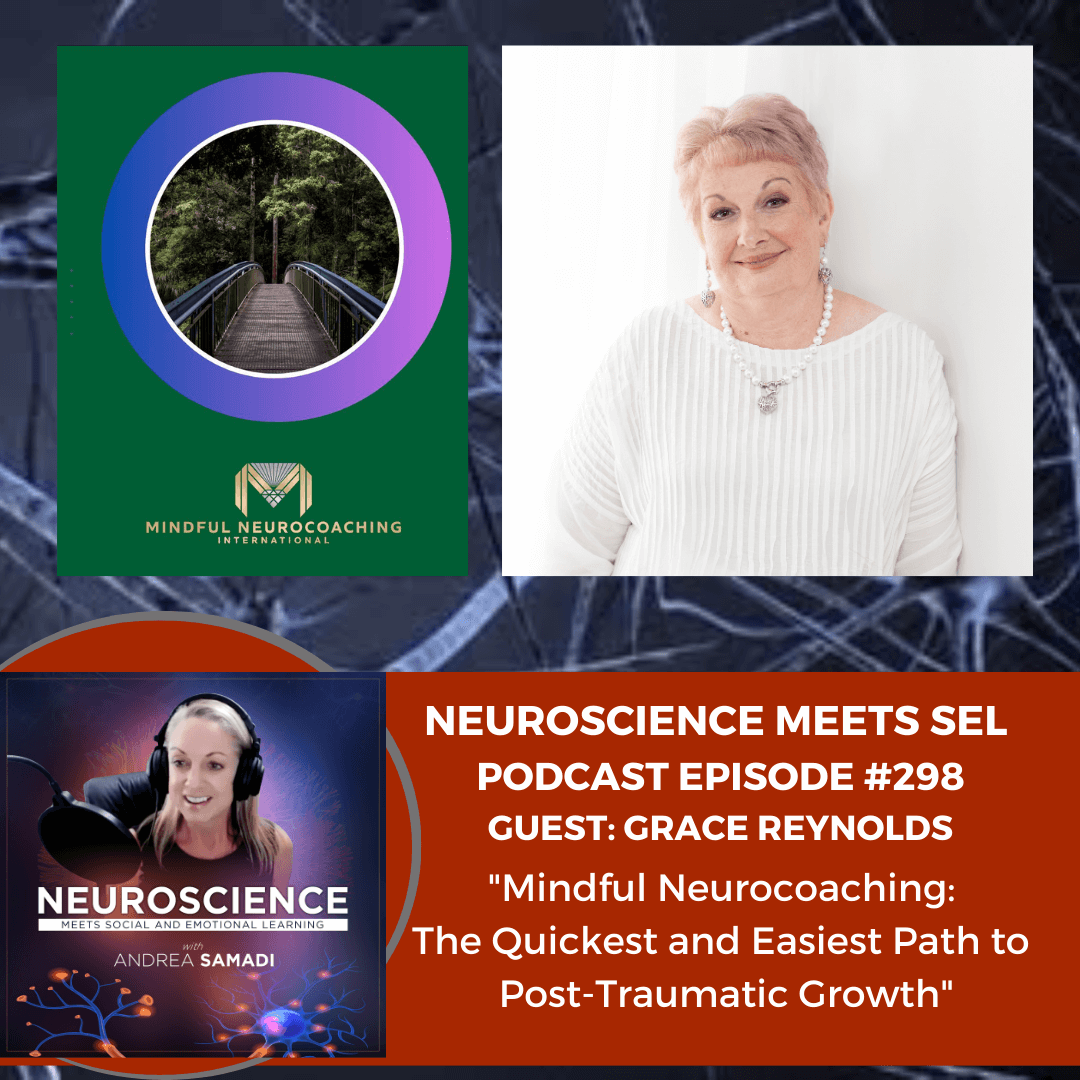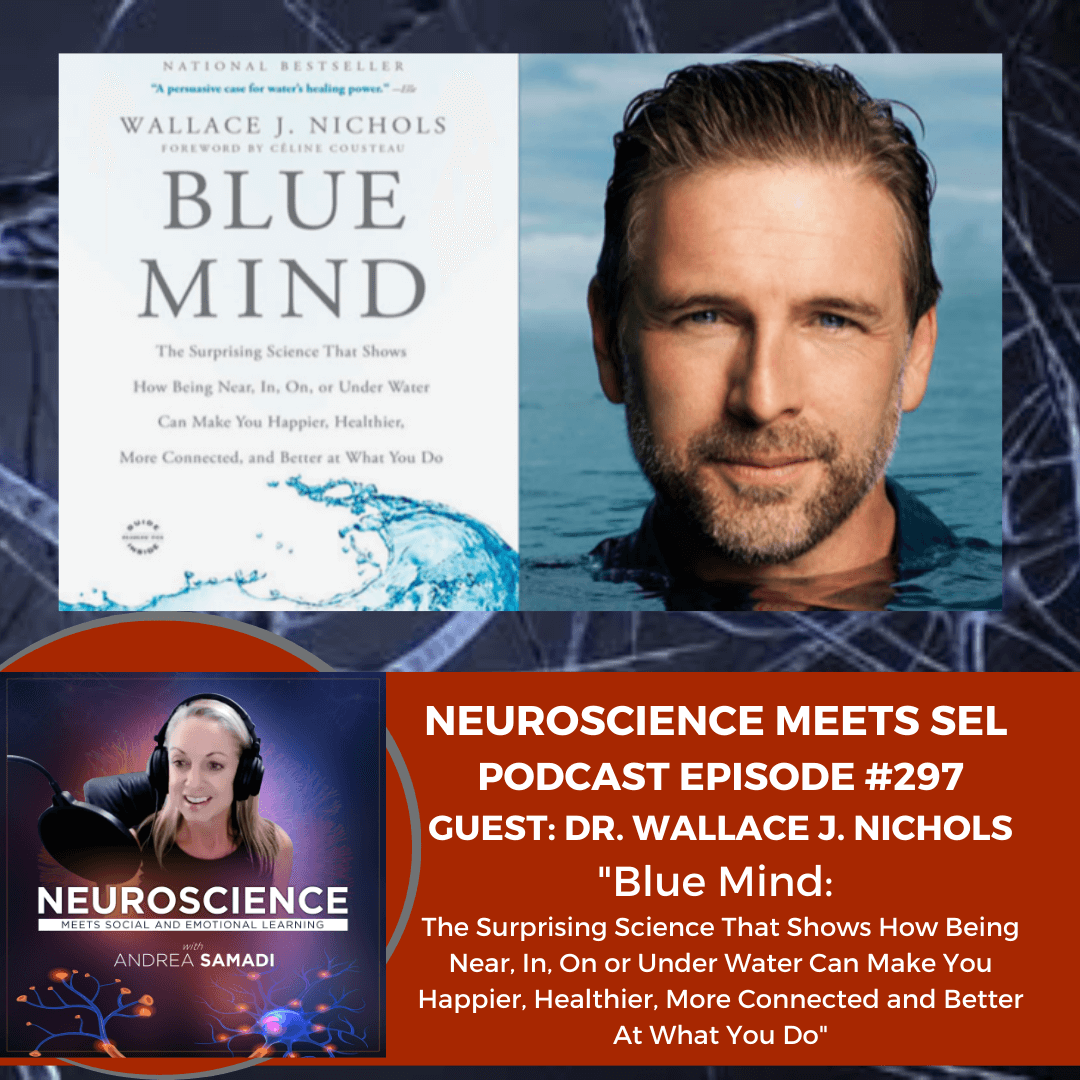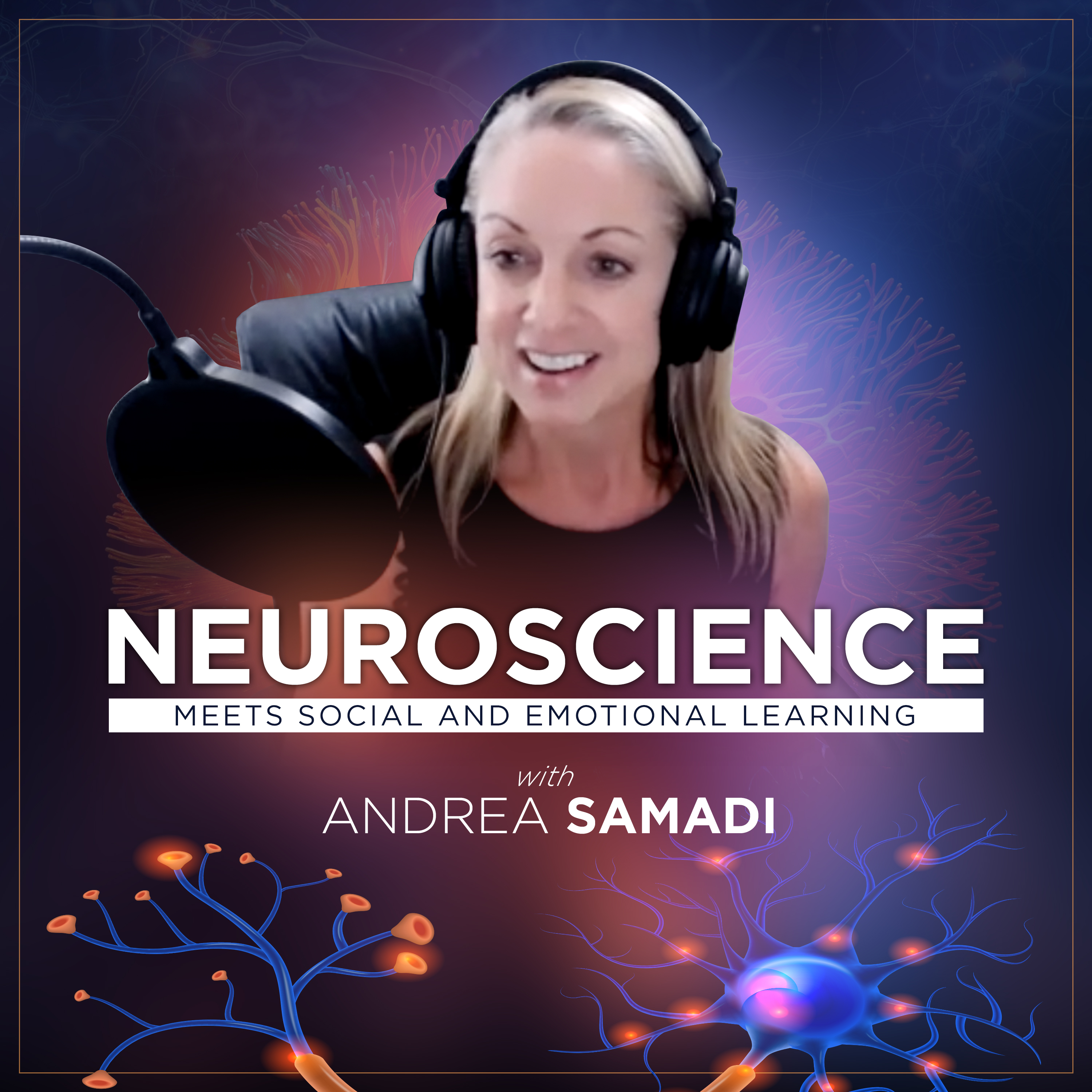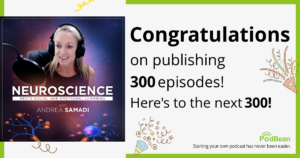Welcome back to the “Neuroscience Meets SEL” Podcast episode #25 this is Andrea Samadi. This interview will also be available on YouTube. Today we have Mick Neustadt, a retreat teacher at Inward Bound Mindfulness Education,[i] a company that holds in depth mindfulness programs for teens, young adults and parents. Their programs that teach the skills we have been talking about on this podcast like self-awareness, compassion, ethical decision-making, hold retreats across the US, Canada and United Kingdom.
Mick is a long-time mindfulness and meditation practitioner and clinical social worker. As a result of 20 years of personal practice Mick has experienced the profound benefits of mindfulness. He realizes that we have a great capacity to connect deeply with our full selves and others. Through dedicated practice we can transform the way that we relate to ourselves, those closest to us, and the world. With his rich background as a therapist, former schoolteacher and coach, Mick brings a wide range of skills and dedication to helping young people on their journey of self-exploration. Since 2011 he has formally taught mindfulness to teens in schools, on retreats and weekly groups.
Welcome Mick, thank you for taking the time out of your day to share more about mindfulness, meditation and the philopophy of iBme.
Q1: Can you define what “mindfulness” is since this term is used so often these days. Everyone seems to have an idea or thought about what mindfulness programs are.
Q2: Can you explain why mindfulness is so important for young people (and adults) to develop especially these days where anxiety and depression are at an all-time high?
Q3: How does your retreat work compared to someone using an app like Calm or a guided meditation? Can you explain a bit about your process? (I can see a calendar on your website.)[ii] Can you explain how your retreats work?
Q4: Can you explain what the research[iii] says about mindfulness programs? What are the long-term effects of the retreat practice of meditation and mindfulness? 3 months after the retreat, what did the participants notice? And also, would someone receive similar benefits if they just started their own mindfulness practice at home?
Q5: I have heard Jon Kabat Zinn who I know has worked with your organization mention that “the real meditation is with how we live our lives.”[iv] –meaning how we change from being stressed, rushed, to being calmer and more present. What parting thoughts would you like to leave us with about how to get started with a meditation program in our daily lives (perhaps from a parent point of view, student, or someone in the workplace) so anyone can learn how to go from knowing to doing, and reap of the benefits of a mindfulness program.
Thank you so much Mick for sharing your extensive knowledge in this field. If anyone wants to learn more about you and the programs at iBMe, they can go to ibme.com. What’s the best way for them to reach you?
RESOURCES:
The Ultimate Guide: Mindfulness and Meditation for Beginners
REFERENCES:
[ii] https://ibme.com/wp-content/uploads/2016/09/iBme_Sample-Daily-Schedule.pdf
[iii] https://ibme.com/wp-content/uploads/2016/09/Galla-Research-on-I mpacts-of-iBme-Research.pdf
[iv] Jon Kabat Zinn “From Doing to Being” YouTube published Feb. 16, 2016. https://www.youtube.com/watch?v=q-2QoTYujNg
Podcast: Play in new window | Download
Subscribe: Apple Podcasts | RSS
